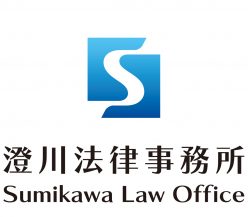
Employees may be restricted from working for competitors or starting competing businesses after their resignation. This is called a non-compete obligation. (競業避止義務 Kyogyo-hishi-gimu in Japanese)
Non-compete obligations may be imposed on employees after their resignation based on employment contracts or individual agreements.
Validity of a non-compete obligation
However, imposing a non-compete obligation on employees after their resignation is not freely allowed, as it could infringe on their freedom of occupation. Such obligations are interpreted restrictively at the court case.
Specifically, the validity of a non-compete obligation is determined by considering the following factors:
- The agreement stipulating the non-compete obligation must be legally valid as an employment contract.
- Factors considered when determining the validity of a non-compete obligation (matters considered in court):
(1) Whether there is a legitimate business interest of the company to protect.
(2) Based on (1), whether the content of the non-compete obligation is reasonable in light of its purpose and limited to a necessary scope, and whether the employee’s position justifies the necessity of the non-compete obligation.
(3) Whether there is a geographical limitation.
(4) The duration of the non-compete obligation.
(5) Whether necessary restrictions are placed on the scope of prohibited competitive activities.
(6) Whether compensatory measures are taken (e.g., increased retirement allowance).
Consult an Expert on Non-Compete Obligations
Companies imposing non-compete obligations risk invalidating the provision itself if they impose excessively strict obligations beyond the necessary limit. Therefore, it is essential to create appropriate provisions tailored to the company’s specific circumstances.
It is advisable to consult with a legal professional, such as an attorney, when establishing provisions related to non-compete obligations. Employees who have questions about the content of a non-compete obligation with their company are also advised to consult with an attorney when considering resignation.

